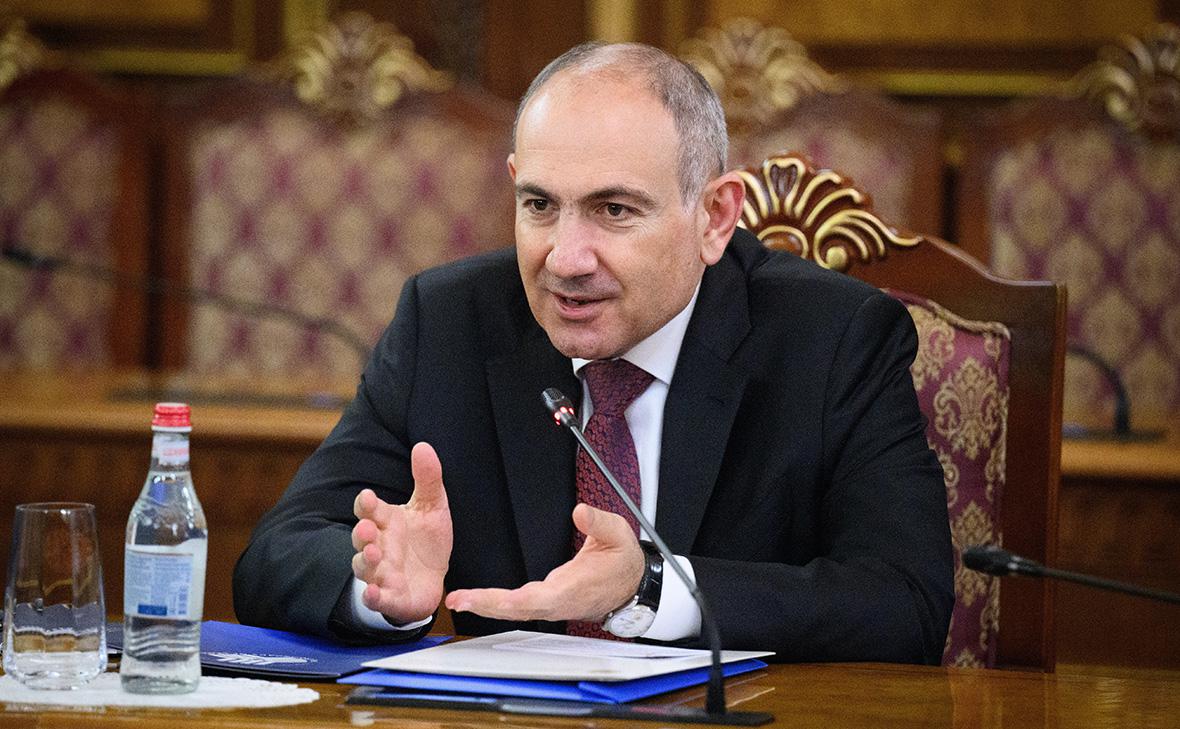Pashinyan: Armenia, Azerbaijan, and Georgia should use global attention to turn the South Caucasus into a key transit hub

Speaking at the Silk
Road 2025 Forum in Tbilisi, Armenian Prime Minister Nikol Pashinyan called on Armenia,
Azerbaijan, and Georgia to jointly harness the current global interest in the
South Caucasus and transform the region into one of the leading transit
corridors between East and West, as well as between North and South.
Pashinyan rejected the notion that infrastructure projects
in the region compete with one another. He emphasized that transportation
routes “complement rather than exclude each other”, thereby enhancing the
region’s overall potential as a major transit corridor. Among the key
priorities, he highlighted the implementation of the third clause of the Washington Declaration, which envisions
establishing a railway connection between the Persian Gulf and the Black Sea, thereby strengthening the transit
potential of not only Armenia but also Georgia and Azerbaijan.
Pashinyan noted that a sustainable peace agreement between Armenia and Azerbaijan is a
fundamental prerequisite for implementing these infrastructure projects. He
stated that work is underway to institutionalize
peace, including preparations for the signing and ratification of the Treaty on the Establishment of Peace and
Interstate Relations, which was initialed in Washington.
The Prime Minister expressed concern that the existing transport networks may not withstand
the expected increase in cargo flows. However, he said this challenge should serve
as an incentive for large-scale development and modernization of roads, ports,
and railways.
Pashinyan emphasized that the attention of the international community is “capital” that the
countries of the region must use wisely to ensure peace, development, and
prosperity.
If the countries truly begin to act in a coordinated manner,
a synergy effect could be
achieved: instead of fragmented routes, an integrated transport network would
emerge, where each corridor strengthens the others. The status of a regional transit hub could attract
investment in logistics, cargo processing, storage facilities, and service
infrastructure – contributing to economic growth in border regions. The South
Caucasus could become a key link
between Asia, Europe, and the Middle East, especially amid global shifts
in supply chains.
Nevertheless, despite a “peace on paper”, many unresolved disputes remain – particularly regarding security and border control. The countries are at different stages of infrastructure development, from road quality to port and rail connectivity. Without coordination, “bottlenecks” may emerge, slowing transit. Moreover, major powers – both regional and global – are interested in controlling transit corridors, which may lead to pressure, competition, and attempts to draw countries into rival alliances. Projects of this magnitude also require significant and sustainable investment, both from national governments and international institutions.
 Latest news
Latest news Latest news
Latest newsUkrainian Drones Set Fire to Russia’s Largest Gas Plant, Gas Intake from Kazakhstan Suspended
20.Oct.2025
Trump and Zelensky in Washington: The Return of “Hardline Support” Policy
19.Oct.2025
Activist Margretta Mirzoyan on the Political Mood in Armenia
18.Oct.2025
Trump and Putin Prepare to Meet Ahead of Zelensky’s White House Visit: A New Phase of Diplomacy or Pressure on Kyiv?
17.Oct.2025
A Shadow over the Russian-Azerbaijani Thaw: What Lies Behind the Arrest of Former Presidential Chief of Staff Ramiz Mehdiyev?
16.Oct.2025
Russia and Syria: A New Chapter in Relations After the Coup
16.Oct.2025
NATO and EU Join Forces to Build a “Drone Wall”
15.Oct.2025
Trump: New bonds of friendship to join Armenia to Azerbaijan
14.Oct.2025
UK to lift its arms embargo on Armenia, Azerbaijan
14.Oct.2025
Russia Opens New Criminal Case Against Opposition Figure Khodorkovsky
14.Oct.2025

 24 Oct 2025
24 Oct 2025








